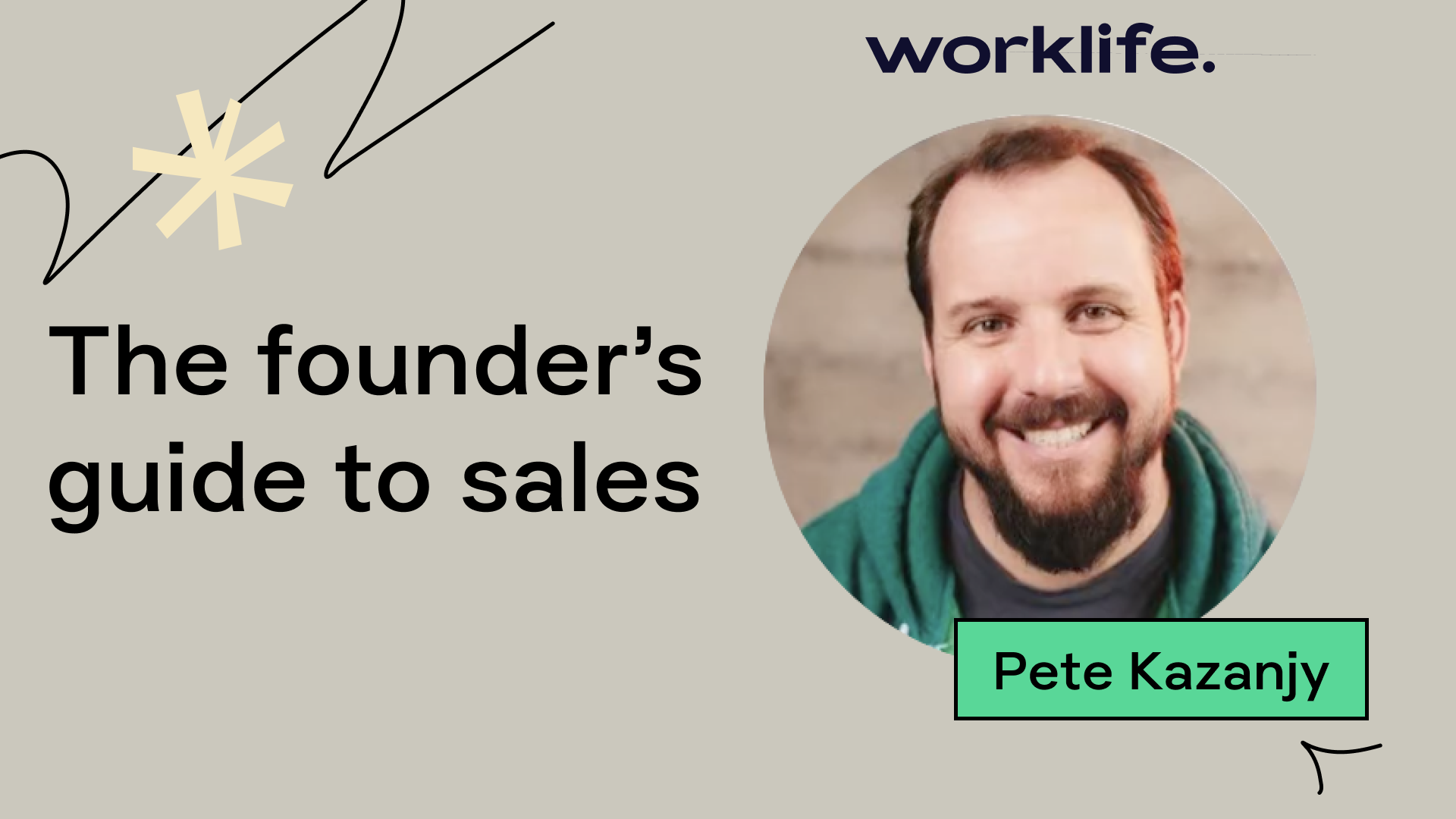Parent burn-out is real. Yes, taking care of kids has been exhausting and chaotic for all of time, but modern day moms and dads are facing new levels of stress and overwhelm.
There are a lot of reasons for this. For starters, in more couples than not, both partners are working, forgoing the standard model of yesteryear when women would stay home focused on the home and childcare. Some choose this set-up because they enjoy working, but others simply must in order to get by financially. Personally, for me and my husband, both reasons apply.
More people are also living far away from family with little to no support. We live in the Bay Area, and most of our family are in the Midwest. None live within 1,000 miles of us. I can’t tell you how nice it would be to be able to send our daughter to grandma’s for a Saturday so we could get some downtime.
Then there’s the financial stress — with the cost of child-rearing, well and just simply living, is at an all-time high. On top of all of this, millennial parents in particular feel an extreme pressure to be the “perfect parent”: to nail sleep schedules, to feed their kids three beautifully prepared organic meals a day, and to look good on Instagram while doing it.
Throw in a global pandemic — working while balancing childcare or virtual school and having to make stressful decisions on a daily basis — and parents are on the brink. All this is to say: we can take all the help we can get.
I went on a personal mission to find ways to make my own life less chaotic or more enjoyable with the use of tech. I’ve found seven start-ups that are making parenting life in 2021 just a little bit easier. Maybe they’ll help you out, too.
1. Milo
I only have one child, and the amount of coordination that needs to take place is herculean.
Does she have lunch at school today or do we need to pack it? Did we buy those rain boots? When is that birthday party?
All of these questions are floating around my brain, and having one place to put family information and reminders is key to sharing the load with my husband and being on the same page. Enter: Milo.
Milo is a new tool that acts like your family’s whiteboard, only better, because it’s digital — and it can be proactive in setting reminders and making suggestions for better planning. As someone who is to-do list obsessed, this speaks to my heart and my brain. Milo is the first product from Avni Patel Thompson’s new start-up Modern Village, and it’s still in beta. I had a chance to get early access, along with a run-down from Patel Thompson herself. For the past month, my husband and I have used the system to manage our lives and found a lot of value in it.
Milo looks pretty basic, and there’s a beauty in keeping it simple. Milo synced with your family’s Google calendar, as well as your school’s calendar, so important events are all automatically in one place. Our family board has a space to see upcoming events, insert meal planning, and add to-do lists and notes. There’s also a place to store important family information in one place. Milo will then proactively remind you about what’s coming up and to-dos.

One of Patel Thompson’s main goals in creating Milo was to lighten “the invisible load” generally carried by women in families. Often, we’re the database that stores vital information, the project manager who makes sure everything gets done, and the chief memory maker coordinating fun, vacation, and social activities. “That for me was the first place to start,” she said. “I want it out of my brain and into someplace that anybody could access.”
Like so many, my husband and I often go back and forth about who should be responsible for what and who is doing more or less. The Milo helps us visualize everything and split tasks more fairly, with a new feature of “assigning” people to-dos and categories all together. Milo is also nice to share with caretakers or family that help with the kids sometimes so that the hand-off is easier.
The best part of Milo, for me, is the ability to forward or text information to Milo so that my husband and I have it in one place.

If I get an email from the school asking for more diapers, I forward it to Milo. If I have a random thought about needing to schedule a dentist appointment, I text it to Milo. Then, all of these random notes are in one place, and we can organize it into a to-do list later when we have time.
Patel Thompson and her team are still tweaking the tool to be more helpful for parents based on beta feedback and plan to launch in the new year. The plan is to eventually have Milo more rooted in community, such as a school, so parents can share and collaborate through a shared space called Circles where everyone can share in the "wisdom of the village."

2. June Care
Finding childcare you feel happy with and trust fully is one of the toughest parts of parenting. And sometimes, when you’re in a bind, it can be hard to find anyone to help out. June Care is a start-up with a really interesting community-based concept: childcare for families, by families. This means connecting parents with care by stay-at-home parents through “paid playdates.”
For parents who stay home, this is a cool opportunity to spend time with their kids, get their kids social interaction, and also make some income. For parents who need care, it gives them a lot of good, last-minute options.
All families go through a detailed profile form, a background check, and have the chance to meet virtually before settling on a playdate. All hosts must identify as primary caregivers for the children.
June Care was founded by Gretchen Salyer, a mom of three girls. She’s been both a full-time working mom and full-time stay-at-home-mom. She had experienced needing to find last-minute childcare, as well as the desire to contribute to her family's finances while staying home. In her personal life, she’s worked with fellow parents to set up paid playdates in the past, and wanted to expand the model to give more people access.
3. Primer
Parents always want to give their kids the best education they can get. But how do you measure that? Often, schools are just teaching for tests — and in a standardized way that’s been done for decades. The idea behind start-up education Primer is to “free the next generation of kids to be more ambitious, more creative, and to think for themselves.” That means thinking outside of the box, exploring creatively, and pushing themselves.
“Thriving in a complex world requires creativity and original thinking, but our education system is designed for mass production — not unlocking imagination and individuality. We won’t be able to solve 2050’s challenges with an educational supply chain built for the 1950s,” Founder Ryan Delk writes on the company’s website.
The idea of Primer isn’t to be a home school service (at least, not yet) — it’s more supplemental, with subjects they can find an interest in or dive deeper into: think art, photography, cooking, coding, etc. Primer is $49/month for one kid, then $19/month for each additional child.
Kids can join a “room” which are live, audio chat spaces for kids to interact with peers their age, exploring new ideas based around a topic. For a more dedicated program, kids can join “pursuits,” a 6-week long immersive learning experience where they can collaborate on “guided mega-projects.” Then there are “clubs” where they can work on projects together from writing to coding to music and nature. Kids can also get access to experts — like learning about building rockets from a SpaceX Engineer.
4. Cleo
When I had my daughter, I worked at a company that happened to have Cleo as a benefit — and it saved me. Not exaggerating. This family benefits platform contracts with companies to become a part of a benefits program for employees going through pregnancy or the first year of having a baby.
You are assigned a guide to help answer any questions and set you up with various coaching sessions. Mine was there for me to message any time for information about feeding, sleep, behavior, etc — she became a major resource for me. The well-researched and data-backed information she provided was a nice alternative to googling and searching parent forums at 5 am in desperation. Cleo also provided a certain number of coaching “sessions” for free. For example, on day two of getting home from the hospital, they sent me a lactation consultant without hours of requesting one. Later, when my daughter wasn’t sleeping well at 5 months, I was paired with a sleep coach that saved our sanity.
Cleo is growing widely, with clients ranging from Pinterest to Salesforce to Upwork. Their local guides are located in 55 countries and speak more than 13 languages.

Given how abysmally our government takes care of new parents, Cleo offers companies a way to help close the gap. Cleo is also now expanding to host more educational programming for parents to learn, including how to raise anti-racist kids, how to handle the shift back to work, and how to advocate for yourself in the workplace as a parent.

5. A Kid Company About
Today’s parents aren’t shying away from challenging and important conversations like racism, sexism, and climate change. I’m always interested in learning about new ways to address these conversations with my daughter as she grows older.
A Kid Company About is a Black-owned, multimedia kids media ompany filling a void of material that addresses kids directly in a way that respects them and doesn’t preach to them. What started out as a kids book series about important topics is now a full-fledged multimedia company offering books in addition to podcasts and classes to tackle conversations around confidence, grief, racism, feminism and more.
"From the beginning, we set out to tell stories that talked up to kids, not down to them, creating inclusive content from first-person perspectives and diverse voices," said Jelani Memory, Founder and CEO of A Kids Company About.
Just this year, the company has launched seven original podcast shows, focusing on a variety of topics, like climate justice on “1 Point 5”, investigating facts on “Is That True?”, and activism on “The Activators!,” which is hosted by a 10-year-old. Each show is free on their favorite podcast platform or can be listened to ad-free through an Apple Podcasts subscription for $3.99 a month or $39.99 annually.
There’s also a masterclass series for kids and teens ages 10–15 offering new content weeklyfocusing on careers, life skills, and big ideas. Classes have featured Mexico City Architect Piero Demichelis, Standup Comic JJ Barrows and mental health expert Ross Szabo.
6. UNest
Saving for college is just another financial battle American parents have to go through that many of our fellow moms and dads in developed countries don’t have to worry about. One rule of thumb I’ve read is to have in your savings approximately $2,000 multiplied by your child's current age, assuming attendance at a 4-year public college (at $22,180/year average), and that you want to cover only 50% of college costs from savings. If you wanted to cover the full cost, it would be a lot more than that.

My husband and I signed up for the California state government’s program to save every month, but I recently learned about start-up UNest, a female-founded start-up that offers a tax-advantaged investment account to save for your kid’s future. While many savings programs (like the one I use) earmark savings specifically for education, through UNest you can save for any of your child’s future goals - whether they want or choose to go to college or not.
The app itself is really intuitive and offers five savings plans based on your child’s age, which makes it very simple to use. You can also get up to $2,00 of annual tax benefits. Using the platform costs $2.99 month / or $5.98 for up to 5 children.
7. Winnie
Last year, I took on the task of finding a pre-school for my daughter. I thought it would be relatively simple — but soon, I was in the world of long waitlists, insane costs and general confusion. I used Winnie, a San Francisco-based marketplace for childcare and early education, to help. The goal of the platform: to put detailed information about early childhood programs in one place for parents, which shockingly really doesn’t exist elsewhere.

Sara Mauskopfis, the CEO and co-founder of Winnie, and Anne Halsall, now Winnie’s chief product officer, came up with the idea for the company in 2016 while working at Postmates. At the time, they were both new moms who quickly realized parents were struggling to find quality local daycares and preschools.
“We realized that this generation of millennial parents was a very different generation from in the past,” Mauskopf told Cruncbase. “They’re way more likely to work than previous generations. So, things like child care are no longer optional since the vast majority of families in this country don’t have a stay-at-home parent now.”
Now parents can search Winnie and find tuition information, the latest licensing status, and parent reviews for each school. The platform also gives childcare providers a way to let parents know about their school, earning money by giving providers the chance to advertise. It also has community forums where you can post questions and connect with fellow parents.
.png)





